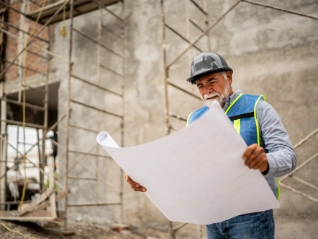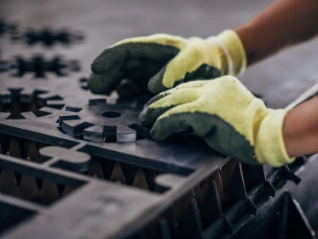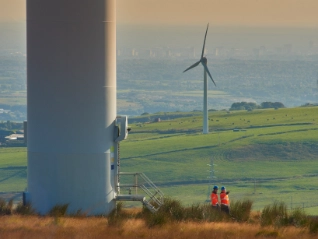Atrium
Bütün çevrimiçi Atradius uygulamalarına tek bir ortam üzerinden erişim sağlayabileceğiniz yeni çevrimiçi platformumuz Atrium'a buradan ulaşabilirsiniz.
 Türkiye
Türkiye








Daha fazla yükle
Görüntüleme 7 dışarı 57
Case study
